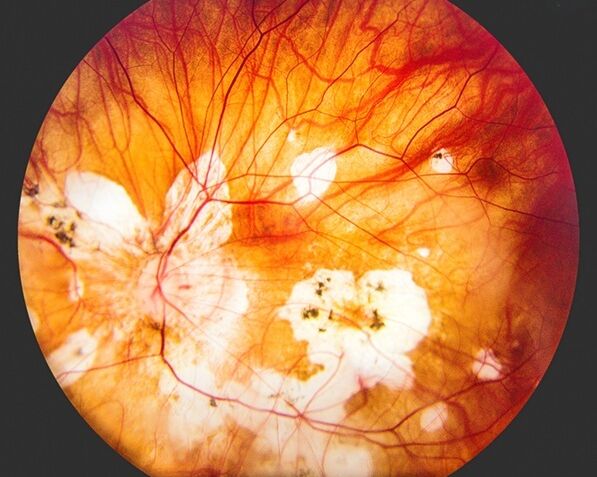New study reveals previously unknown genetic causes of colorectal cancer

A pioneering study led by numerous UK universities and the Institute of Cancer Research, using data from the 100,000 Genomes Project, has provided the most comprehensive analysis to date of the genetic makeup of colorectal cancer, also known as bowel cancer.
The research has pinpointed more than 250 genes that play a crucial role in colorectal cancer, the great majority of which have not been previously linked to the condition or other cancers.
Cancers develop partly through genetic changes within cells of the body. Colorectal cancer is a major cause of death worldwide but there is currently a limited understanding of the genetic changes that cause it to grow. The new research, published in Nature, delivers an unprecedented view of the genetic landscape of colorectal cancer and its responses to treatment.
To do this, the researchers used data from over 2,000 colorectal cancers from the 100,000 Genomes Project – led by Genomics England and NHS England. They identified new gene faults that lead to colorectal cancer and uncovered new subgroups of the condition – meaning categories of cancer with specific genetic characteristics that affect how cancer behaves and responds to treatment.
The research not only offers new insights into colorectal cancer’s development but also new avenues for therapy. Many of the genetic changes identified could potentially be targeted with existing treatments currently used across other cancers.
Additionally, a variety of genetic changes were found across different regions of the colorectum, highlighting differences in what causes colorectal cancer in different patient groups. For example, the research found one particular process that is more active in younger patients. While the cause is unknown, the researchers suggest it may be linked to diet and smoking.
“By uncovering genes that drive progression and growth of the condition, several of which are new potential targets for cancer treatment, patients could benefit from new therapies.
“Additionally, our advanced understanding of the molecular diversity of colorectal cancers can lead to more personalised care in the future. The extensive annotation of this genomic dataset for colorectal tumours provided by the authors will also be hugely beneficial for future research.”
Dr Alona Sosinsky
Scientific Director for Cancer at Genomics England
"Our findings represent a significant advancement in understanding colorectal cancer. By better understanding the genetic changes in colorectal cancer, we can better predict patient outcomes and identify new treatment strategies, quite possibly including the use of anti-cancer drugs that are not currently used for colorectal cancer."
Ian Tomlinson
Co-lead researcher and Professor of Cancer Genetics at the University of Oxford
Genomics England thanks the participants who consented to donate their data for the 100,00 Genomes Project that made this research and its findings possible.


